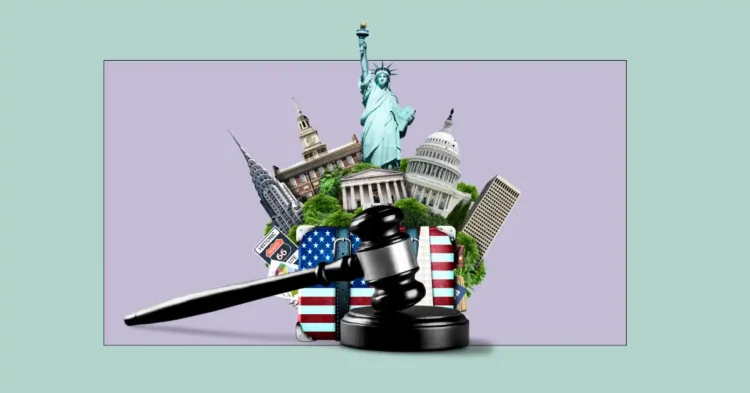Bill Dudley, who previously served as the president of the Federal Reserve Bank of New York and is now the chair of the Bretton Woods Committee, has expressed skepticism about the prospect of Bitcoin (BTC) becoming a government reserve currency. In a compelling op-ed published by Bloomberg on December 6, Dudley articulated his belief that adopting Bitcoin as a government reserve offers no substantial advantages, primarily serving the interests of current Bitcoin holders who are fervently pushing for this change.
Following Dudley’s assertions, the price of Bitcoin experienced a notable decline of 4.31%, settling at $98,854 after reaching a record high of $104,000. Dudley acknowledged Bitcoin’s ability to facilitate transactions without intermediaries but emphasized that its inherent volatility renders it unsuitable for use as a national reserve asset.
Criticism of the Bitcoin Act
Dudley’s comments were made in response to the Bitcoin Act of 2024, a legislative proposal introduced by Senator Cynthia Lummis. This draft legislation aims to establish a strategic Bitcoin reserve and implement mechanisms to ensure transparency in managing BTC assets. While proponents see the bill as a catalyst for global Bitcoin adoption, critics, including Dudley, regard it as a precarious endeavor.
Dudley cautioned that embracing this proposal could artificially inflate Bitcoin’s price without delivering tangible benefits to the government or the broader economy. He expressed apprehension about the absence of a clear exit strategy, warning that the U.S. government might find itself holding highly volatile assets that offer no income potential.
Economic Implications
Providing a rigorous economic analysis of Bitcoin adoption, Dudley highlighted the potential consequences. He calculated that even a modest 2% allocation of global portfolios, which are estimated to be valued at approximately $250 trillion, would necessitate Bitcoin reaching an astronomical $250,000 per coin. Doubling this allocation to 4% would further escalate Bitcoin’s price, potentially creating a speculative bubble that could destabilize financial markets.
A Call for Regulation
Rather than advocating for Bitcoin as a reserve currency, Dudley urged the administration under Donald Trump to prioritize the regulation of the cryptocurrency industry. He emphasized the necessity of laws that ensure stablecoins are fully backed by treasury bills, as issuers frequently claim. Additionally, Dudley underscored the importance of consumer protection measures to address fraud and abuse, which continue to undermine trust in the crypto sector.
Furthermore, Dudley acknowledged the potential of cryptocurrency to enhance the financial system. However, he stressed that “strong guardrails” are essential to prevent misuse. Without robust regulatory frameworks, he warned, the advantages of the crypto sector would remain elusive, overshadowed by scams and instability.
Bitcoin’s role in the mainstream U.S. economy remains a contentious subject. Dudley’s opposition highlights the broader challenges of integrating cryptocurrencies into governmental and institutional frameworks while striving to balance innovation with economic stability.










